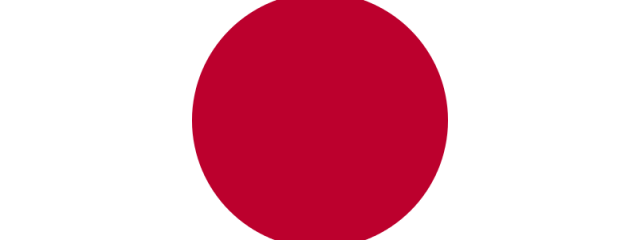Co-authored by Patricia Duval and Willy Fautré
For decades, Japanese authorities have looked the other way when families have attempted to force adult children to recant their religious faith by abducting them and subjecting them to physical and psychological coercion. Japanese police have protected the perpetrators from prosecution, in effect colluding in such crimes and thus violating the victims’ human right to religious freedom.
Over the past four years, we have brought this tragic situation to the attention of the international community. It has been exposed in reports by the U.S. Department of State and by the U.S. Commission on International Religious Freedom. We have briefed numerous members of the Japanese Diet on the matter, even meeting with current Prime Minister Abe when he was an MP.
In February, we were informed by a representative of the Japanese Justice Ministry that they were aware that the UN Human Rights Committee was looking into the problem. But when the Committee met with a delegation of Japanese officials in Geneva during its review of Japan on 16 July to go over their list of concerns, the officials brazenly claimed they had no information about such cases. Following the review, the Human Rights Committee concluded that it was “concerned at reports of abductions and forced confinement of converts to new religious movements by members of their families in an effort to de-convert them … [Japan] should take effective measures to guarantee the right of every person not to be subject to coercion which would impair his or her freedom to have or to adopt a religion or belief.”
Japanese parents often dominate their children well into middle age, and desperately try to suppress actions that might bring shame to the family. When it comes to children joining new religious movements, they have been aided not only by police, courts, and the government, but by civil society as well. Despite the presentation of detailed evidence of illegal abductions and coercion, not a single criminal case has been accepted by Japanese prosecutors. Japanese newspapers did report on a civil court decision awarding Toro Goto, a member of the Unification Church, the meager sum of $42,000 following his having been forcibly detained and abused for over 12 years. But media have otherwise assisted in covering up the issue. No Japanese human rights group has investigated these human rights violations. Human rights lawyers in Japan are likewise disinterested.
There is no doubt this is a complex issue, because it lies at the intersection of family life, national culture and international law. Indeed, the abductions are cases of domestic violence. The authorities are reluctant to intervene, although inaction against domestic violence is a widespread concern in international human rights institutions. But the present case is more than simply a domestic issue, as prejudice against minority religions plays a major role. What is more, main-line Christian pastors and associated “de-programmers” have made a business out of “educating” parents against new religious movements and “assisting” them in organizing illegal abductions and forced de-conversions, in some cases winning converts to their own denominations in the process, which is a form of unethical proselytism.
Such cases used to be common in the United States and European countries, before courts began prosecuting perpetrators; now they are almost nonexistent. Japan could likewise solve this problem, and erase a shameful stain from its human rights record, by a few criminal prosecutions. The hierarchies of various Protestant denominations could also ensure that their pastors abide by the law and respect freedom of religion.
But Japanese authorities have chosen to lie to the highest international human rights authorities, and to continue to deny any problem exists, rather than cooperate in solving it. In February we visited police in Chiba Prefecture to urge them to look into the disappearance of Masato Ishibashi, who had not been seen since January 1, after activating a GPS device with the message that he was being held against his will. To date, the police refuse to speak directly to him, only taking the word of his family that he has not been deprived of his liberty.
We will not stop our efforts to defend religious freedom in Japan, despite the government’s attempts to choke off the international human rights process with its crude denial. And we wonder how many other human rights problems are buried beneath the surface of Japanese society, a society praised for its civility and humanism.
The article can be viewed on the homepage huffingtonpost.com and here.
Co-author Patricia Duval is a Paris-based human rights attorney. Co-author Willy Fautré is director of Human Rights Without Frontiers, an independent nongovernmental organization in Brussels.








 Freedom Rights Project
Freedom Rights Project